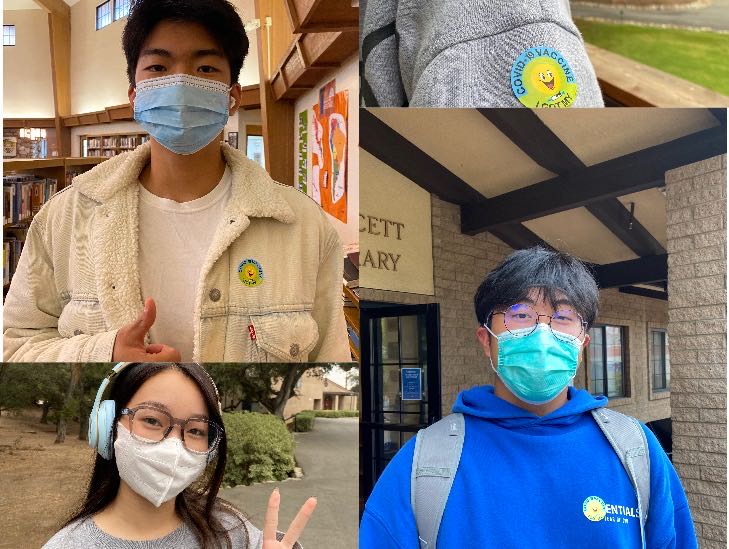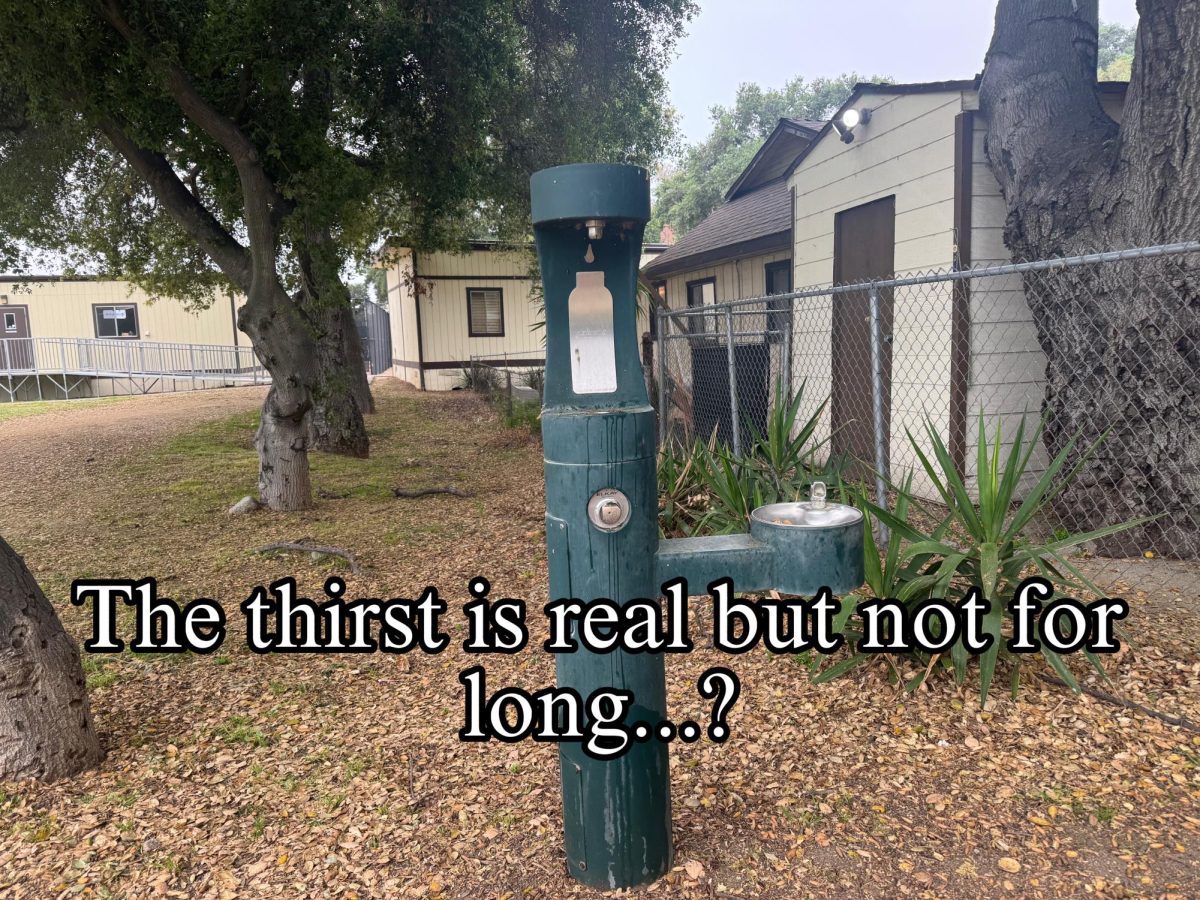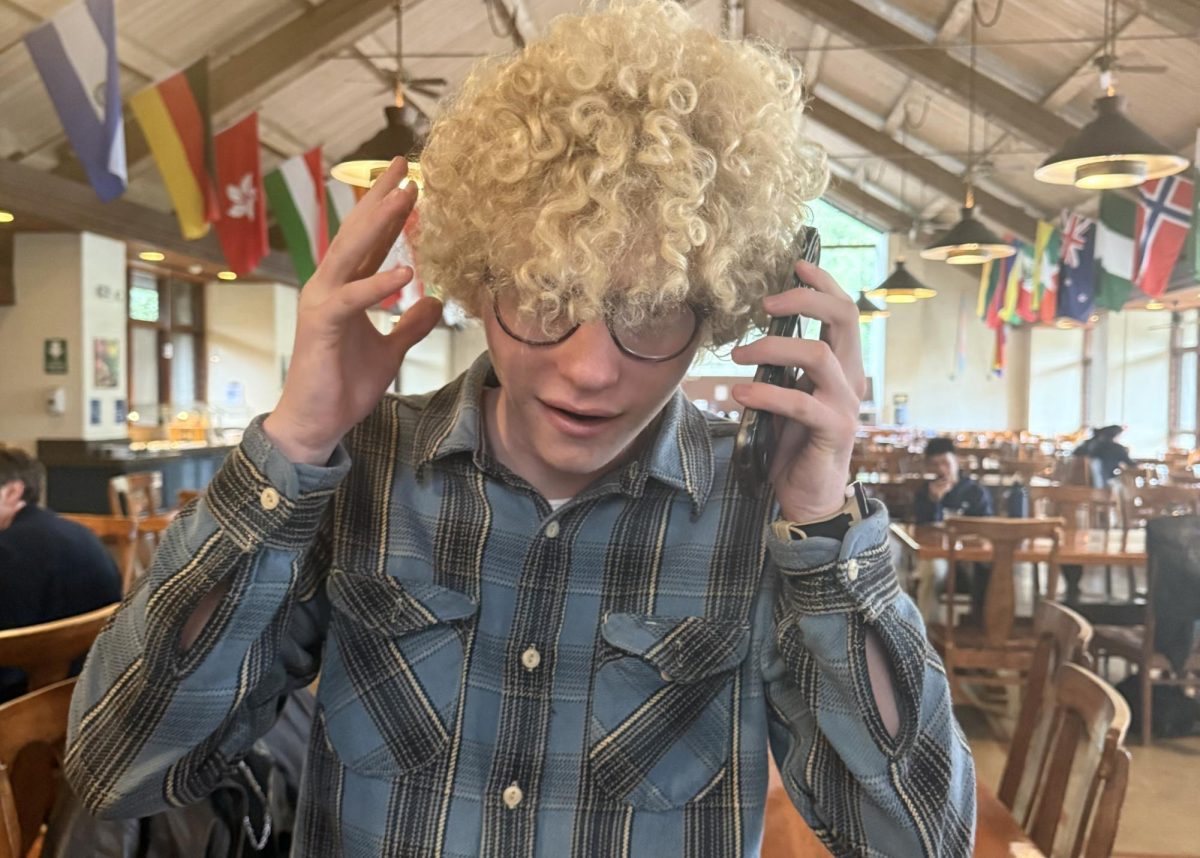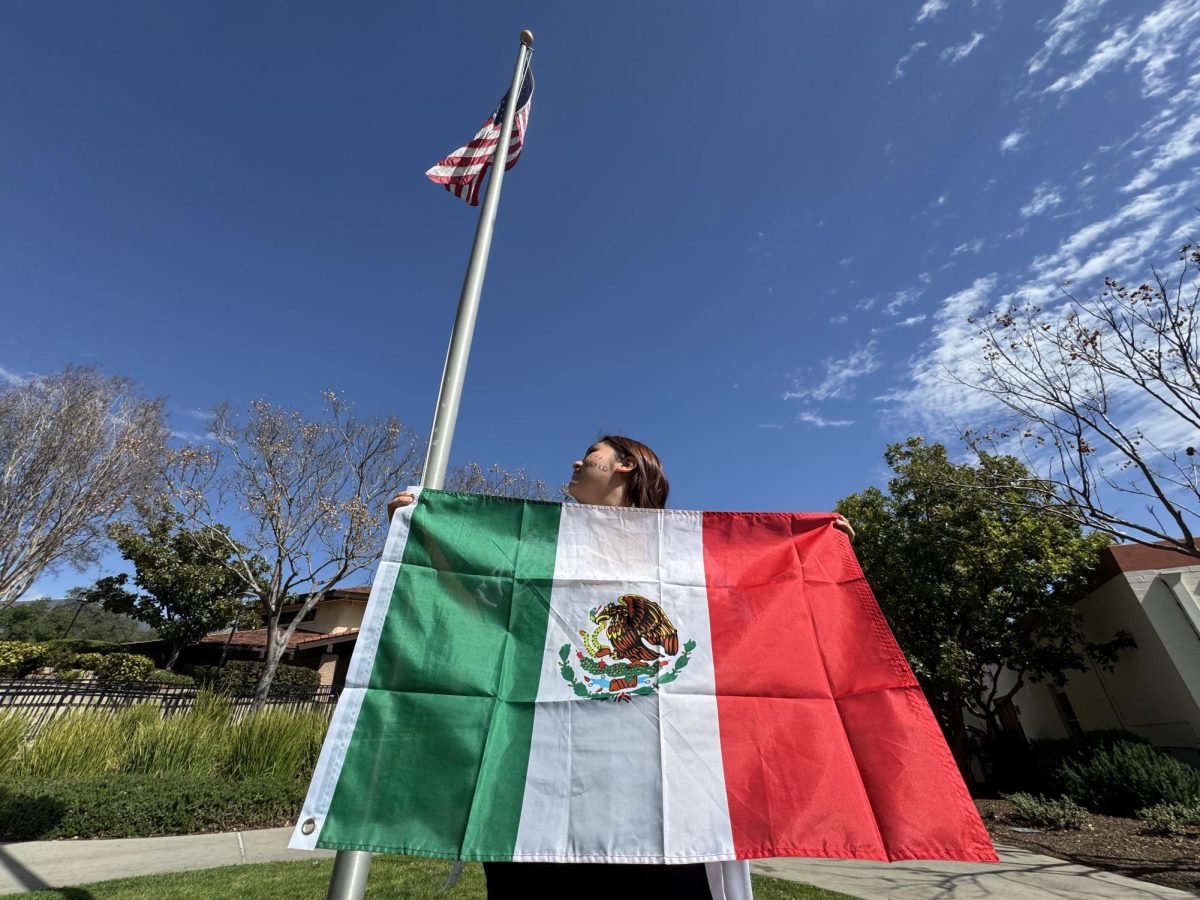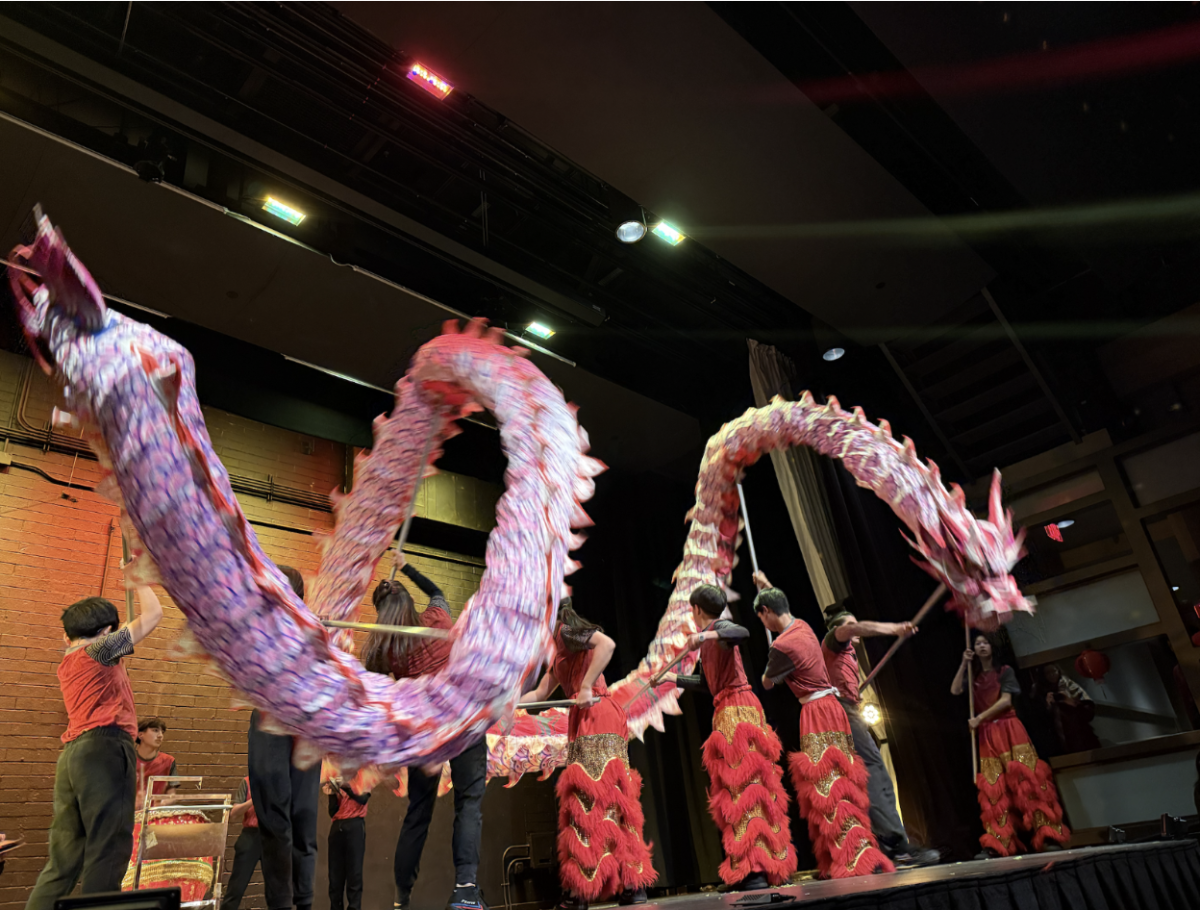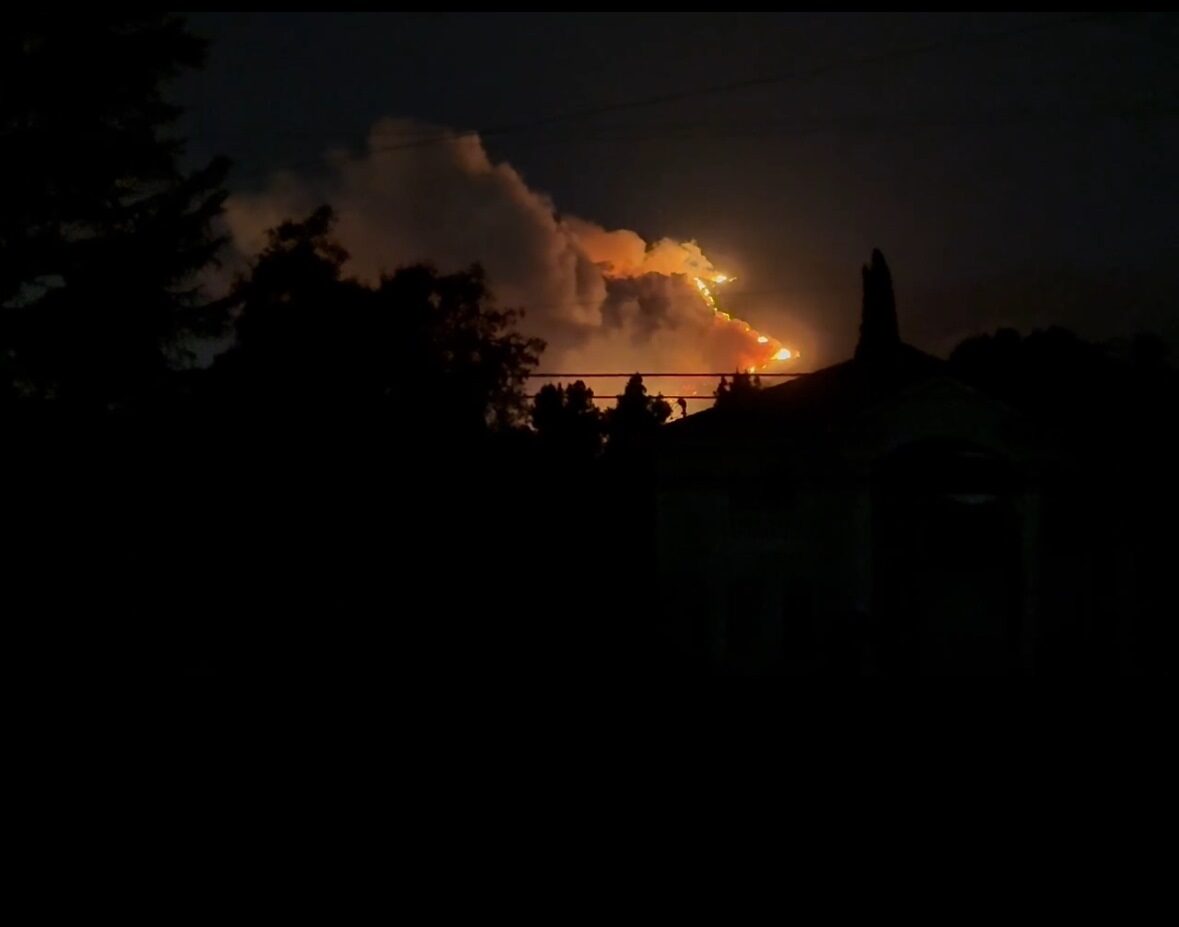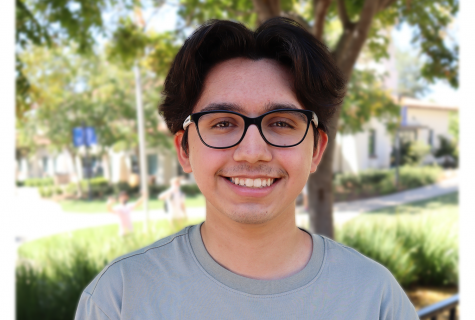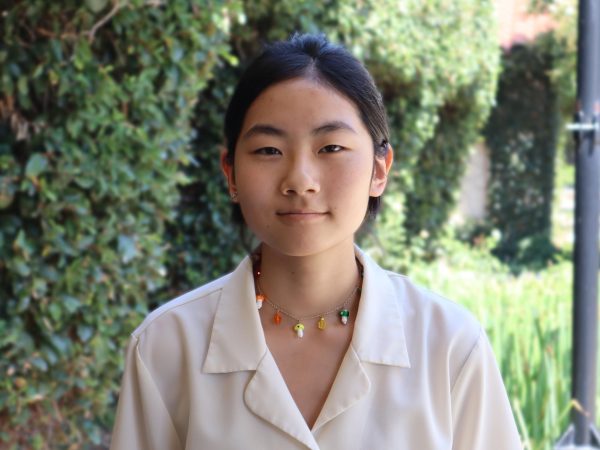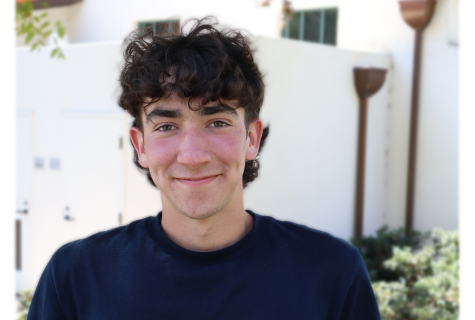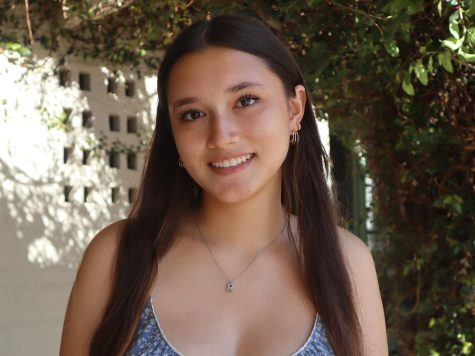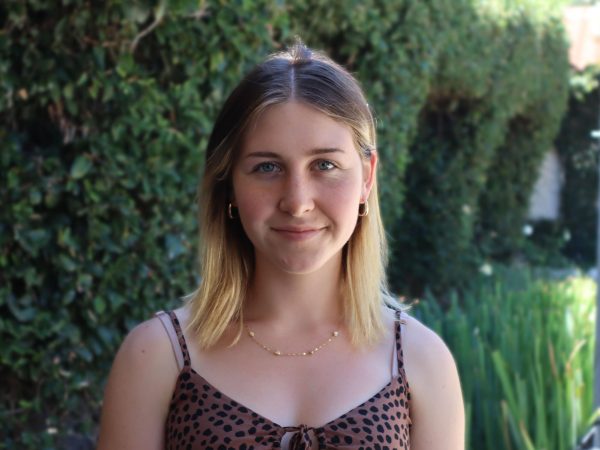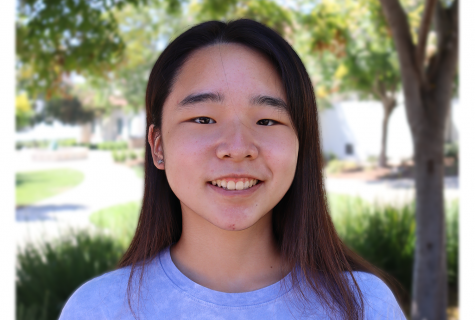On September 9th, 2021, the Board of Education voted unanimously in favor of a new COVID vaccine mandate in LA county that will affect more than 460,000 students. More recently on October 1st, Governor Gavin Newsom announced that all of California will require students attending school in-person to get vaccinated after the FDA grants full approval for children.
The L.A. vaccine mandate requires all public school students 12 and over to be vaccinated to attend in-person classes in January. The first major school district in the U.S. to mandate the vaccine, the L.A. Unified School District is leading the charge on getting students and young adults vaccinated.
The mandate is a continuation of a series of aggressive policies in combatting the pandemic, as L.A. County also enforces strict masking policies and weekly testing for students and employees. Effective January, students who do not get the vaccine will resume classes from the comfort of their own home.
A handful of Webb students have recently become fully vaccinated, increasing their comfort level in the dorms and on campus. Kalman Dong (’22), a newly vaccinated student, supports the new mandate, hoping that everyone can stay safe and healthy as more COVID restrictions are lifted. He also believes that because the vaccine is FDA approved, this mandate is a precaution that will help guarantee we can continue living on campus comfortably.
“I favor decisions that ensure we will not have to leave Webb again,” Kalman said. “I was excited to get vaccinated because that meant I would be able to get a little closer to my normal life.”
Another recently vaccinated student is Richard Alrachid (‘22), who shares similar views of striving for the greater good of the community. At the root of this mandate is Governor Gavin Newsom, who approved this policy—and who has recently come under fire for imposing it. Although Richard believes that the LAUSD’s mandate will benefit the community, he does not appreciate Newsom’s hypocrisy: enforcing mandates and restrictions while secretly breaking them. This sets a dangerous precedent that, if followed, could negatively affect people all over LA county.
“I think if Newsom stuck more closely to what he preaches then more people would be willing to follow his lead,” Richard said. “One example of that is when he told all Californians to stay away from social gatherings because of covid but just after that he attended a birthday party in Napa.”
Stephanie Baron, PA-C, Health Center Director, presents her unique perspective as a health care professional here at Webb.
“If LA county were a state, we would be in the top 10 for COVID case rates, hospitalizations, and death rates,” Ms. Baron said. “In order to have more control over the situation, we would have had to do something drastic—otherwise, we would go back to that point where we were in danger of overwhelming the healthcare system.”
Ms. Baron also states quarantine restrictions are much less strict for people who are vaccinated, meaning that with the new mandate in place, schools do not need to shut down and return to online learning once more. Speaking from personal experience, she understands how exhausting COVID programs can be for teachers, particularly health care staff that have had to rapidly adjust to new COVID-specific protocols.
She further adds that when most students in a school are vaccinated, it is possible to achieve “community immunity,” a concept also referred to as herd immunity. Overall, Ms. Baron believes vaccines are a key part of the puzzle in slowing down the spread of the virus, so that we can eventually return to a more “normal” state of living.
Even though increasing vaccinations will ensure a safer community, the mandate presents a conundrum: at the heart of the mandate is the hope of keeping schools open by containing the spread of COVID; meanwhile, the mandate will force unvaccinated students to return to online learning.
In the past year, online learning proved to be debilitating, especially for low-income students who did not have adequate resources.
While the mandate could potentially present challenges for lower-income students, it creates a safer environment for another vulnerable group––younger students that are not old enough to receive the vaccine. Without protection from the vaccine, young children are constantly at risk of contracting COVID and likewise undergoing stricter quarantine. For example, many schools send entire classes of sixth graders and below back home for self-quarantine when anyone in the class tests positive.
Aiperi Bush (’24) has siblings at home in a similar situation. Her eight–year old sister is attending public school unvaccinated, as most 12 and underaged students are, which presents a major health risk. This risk also results in gaps in their education as a result of constant self-quarantines.
“It is worrying,” Aiperi said. “Like, you could totally catch something. And we’re making sure we test her pretty frequently too, just to make sure we can tell, but I think a lot of people are just going to pull their kids out of school. And honestly, that’s not really a good thing.”
Despite the fact Webb is not directly impacted by the vaccine mandate, it is still important to understand the advantages of getting eligible students vaccinated. Webb students and faculty will feel the effects of these opinions and the mandate through the lives they impact outside of Webb.


